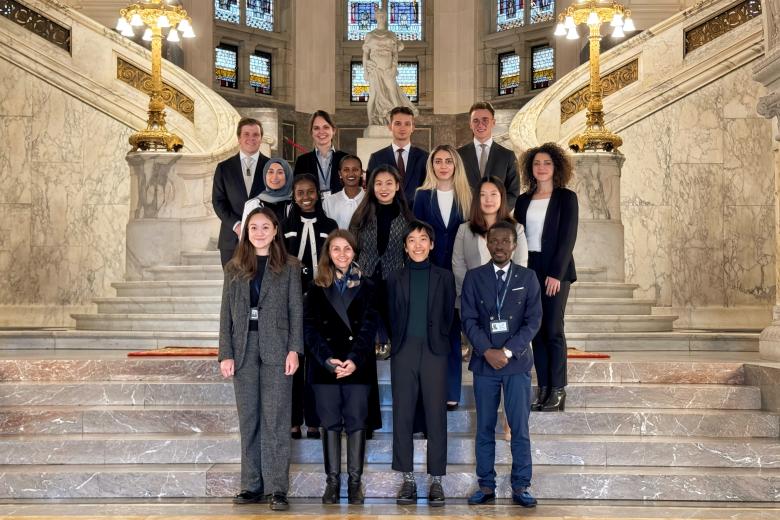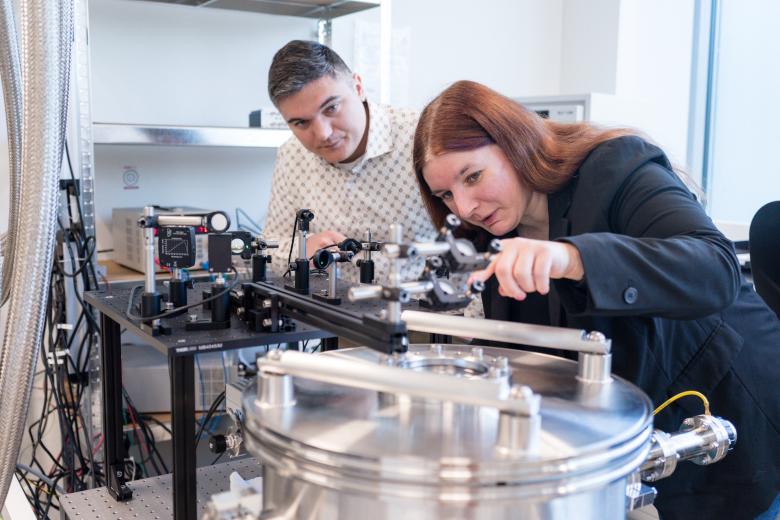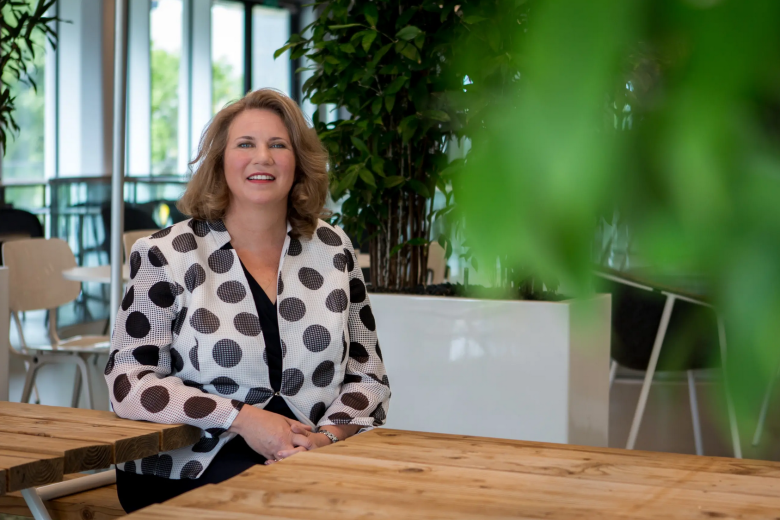Zoekresultaten
- procedure_ns_season_ticket_en_131118.pdf (44.24 kB, PDF)… Procedure NS season ticket Employees who make use of public transport for commuting purposes will be reimbursed 100% of the actual costs (conditions can be found in Relocation and Travel expenses Scheme). The relevant public transport ticket must be purchased via Finance. This way, apart from being partly reimbursed for the ticket, the employee will benefit from an additional 3% discount on the purchase price. Every new employee who wants a NS season ticket can find the application form on the website of the General and Technical Services. After we receive the request we will send you an application form. With this application form we will give you a NS-business- account. After you activated the account you … the NS to remind you to extend your season ticket. As from this moment on you are able to extend your season ticket by logging in to your NS-business-account. When you take out a season ticket the UM will pay your season ticket to the Dutch railroad company. The employee will pay the season ticket through equal terms which will be deducted from his salary each month. If you want to cancel your season ticket you have to fill in the form “Opzegging jaarabonnement”. To receive this form please send …
- vsnu_statement_sociale_veiligheid_en.doc (195 kB, DOC)… 23 April 2019 Social safety at our universities: ensuring a safe, open and respectful sector Dutch universities are committed to providing their students, employees and visitors with a safe environment. Of key importance to Dutch universities are collegiality, integrity, equality, respect, openness and attention to each other. Dutch universities do not tolerate any type of undesirable conduct, including sexual and general harassment, aggression, bullying or discrimination. This message is communicated at all administrative levels, from the executive board to the shop floor of research and education. It is a vital task for universities to act as effectively and appropriately as possible when there are suspicions of undesirable conduct. … a joint session of the board with full attendance of confidential advisers. The annual reports will be distributed at the faculty, institutional or other administrative levels; · conducting periodical research into social safety at the institution to find out whether there is a pattern among the notifications to confidential advisers and the results of employee satisfaction surveys, as well as what measures need to be taken. 2 …
Food Forests: A source of inspiration for future food supply
This story is about more than food forests, bumblebees, birdsong, and biodiversity. It shows how a shared interest in sustainability and nature makes collaboration at FSE effortless.

A Prestigious Opportunity at the International Court of Justice
As the first student from Maastricht University, PhD candidate Doudou Huang was selected for a prestigious fellowship at the International Court of Justice (ICJ) in The Hague. Since September 2024, she has been on her adventure at the ‘Peace Palace’ as a Judicial Fellow and now she’s halfway through...

Mirror Magic: wine glasses, every flavour of ice cream, and other challenges for the design of the Einstein Telescope mirrors.
When you think of a telescope, stargazing comes to mind, but the underground Einstein Telescope is different. It is all about engineering and technology. Jessica Steinlechner and Alex Amato reveal a portion of the magic they perform on only one component of the telescope: its mirrors.

How to increase vaccination rates: “It’s not a matter of convincing people”
Last year, at least eight people—the highest number since the 1960s—died of whooping cough in the Netherlands. Most of them were babies. Behind this tragic statistic lies a years-long trend: fewer and fewer parents are vaccinating their children against serious infectious diseases, which jeopardises...

The human behaviour of a computer scientist
Bulat Khaertdinov is the first winner of the Faculty of Science and Engineering’s Dissertation Prize. At the Department of Advanced Computer Sciences, he trains artificial intelligence to recognise and respond to human behaviour. Read on and familiarise yourself with the work of a computer scientist...
New CEO Astrid Boeijen’s ambitions go beyond Limburg
Last summer, Astrid Boeijen followed Bert Kip up as CEO of Brightlands Chemelot Campus in Geleen. After three years in the same position at the sister campus in Heerlen, she got off to a flying start in her new position. “The campus in Geleen is bigger and more mature. At the end of the day however...
